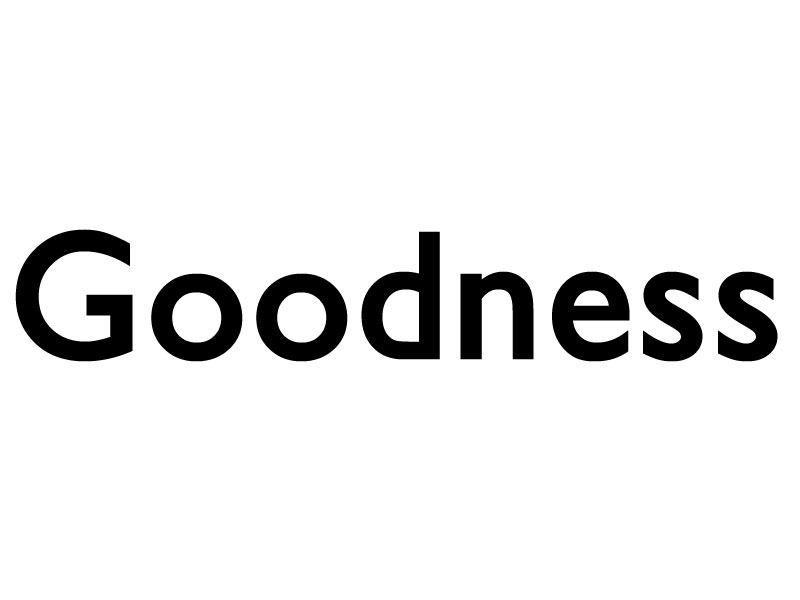
The past week has been filled with driving, theatre-going, more driving, many conversations, and much reading.
Just before I drove out to the Shaw Festival on assignment, I came across MK Piatkowski’s excellent, thoughtful piece over at one big umbrella that outlines arts funding schemes in Australia and New Zealand. Read it. It’s inspiring. It’s also great that MK is thinking in terms of solutions, not engaging in griping and moaning. Sure, the situation stinks for the arts right now in Canada, but it’s vital to look to models that are working, and viable, and then figure out ways to implement that system as much as we can. Intransigence on either side doesn’t seem to be much of a solution to this dilemma.
With that mindset, I read the Star’s interview with arts patron Jim Fleck Wednesday morning over my eggs and bacon. The byline caught me: “Calling Stephen Harper a Philistine doesn’t help“. Very interesting indeed. Bless Mr. Fleck; I only wish there were more like him in office. A play like Goodness wouldn’t be in the sort of dire straits it now faces.
In case you’re wondering, the Globe’s article about Goodness details how the arts cuts will be affecting this important piece of work and its impact in a much larger sense. Wow. Entirely distressing.
Over at Dead Things On Sticks, writer Denis McGrath offered his fantastic, witty, insightful input into the threatened arts cuts situation, summing up (in bold) thusly:
A nation that does not venerate, celebrate, and embrace its own culture does not have a soul. And if you believe in the Rise of the Creative Class, then it doesn’t have a future either.
It is a strange, exuberant echo of something I read recently:
So, you may ask, what is the use of studying a world of imagination where anything is possible and anything can be assumed, where there are no rights or wrongs and all arguments are equally good? One of the most obvious uses, I think, is its encouragement of tolerance. In the imagination our own beliefs are also only possibilities, but we can also see the possibilities in the beliefs of others. Bigots and fanatics seldom have any use for the arts, because they’re so preoccupied with their belifs and actions that they can’t see them as also possibilities.
The author? Northrop Frye. It’s taken from his 1962 Massey Lecture, The Educated Imagination. It bears reminding one’s self that intransigence -whether our own or someone else’s -is not a good idea. Shutting off possibilities, particularly in light of this country’s cultural woes, is the last thing we ought to do.
First Play Anon interviews will hopefully be up within a fortnight (as in, two weeks). Stay tuned.

MK Piatkowski
Thanks for the links to the film and tv discussion. So different from ours, and potentially damaging in my view. If the film and tv people don’t think the programs worked, then it completely demolishes the argument that we’ve been making on the performing arts, music, and writers side that the programs were vital.
It’s great that some major rethinking is going on, but I’m just thinking about all the posts I’ve made in the last week on articles in major newspapers and in conservative Facebook groups talking about how we need these program. They could just find one of those posts and use it to make me out to be a liar, completely negating the message.
On top of this, on Facebook this week, I’ve seen more than one debate about the nature of funding and whether or not it’s fair or needed. To me, it feels like we’re turning on each other.
I don’t want to stifle debate at all, these discussions are vital for the future health of arts in our country, but how can we repair the PR image if we’re not presenting a consistent message? Right now, it feels like divide and conquer so that the barbarians can storm the ramparts.
I don’t know what the answer is.